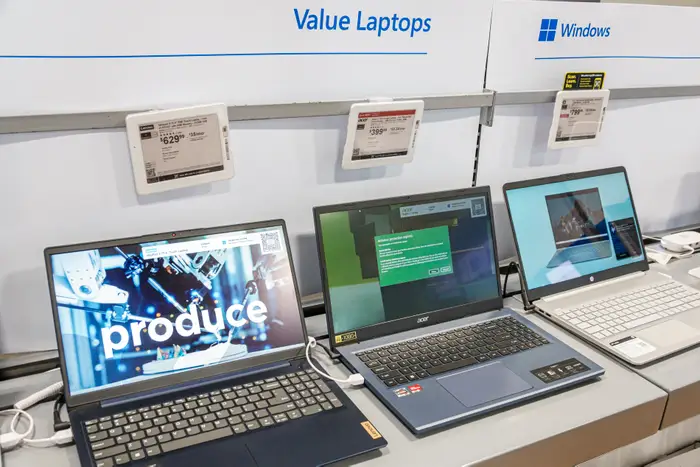In a twist to his belligerent tariff policy, former US President Donald Trump has made key exemptions from the recently authorized 125% tariffs on Chinese imports. The exemptions specifically target mobile phones, computer parts, and semiconductors, a move viewed as a gesture to consumer requirements as well as industry dependence on tech imports.
The move also exempts these high-demand products from the wider 10% baseline global tariff, which indicates a more measured and targeted strategy for trade penalties. Analysts attribute this move as an attempt to relieve pressure on the American tech industry and stay clear of consumers’ and manufacturers’ backlash.
Trump’s escalation of tariffs, touted as a “reciprocal” counter to what he termed unfair trade practices, continues to hit a broad array of goods, such as electric cars and certain metals. Yet exclusion of the tech sector is indicative of a more subtle weighing of protectionism and economic reality.
Industry players have tentatively embraced the exemptions but are still nervous about the continuous trade tensions. With elections approaching and international supply chains still adjusting, the next steps in US-China trade relations may have far-reaching consequences.









